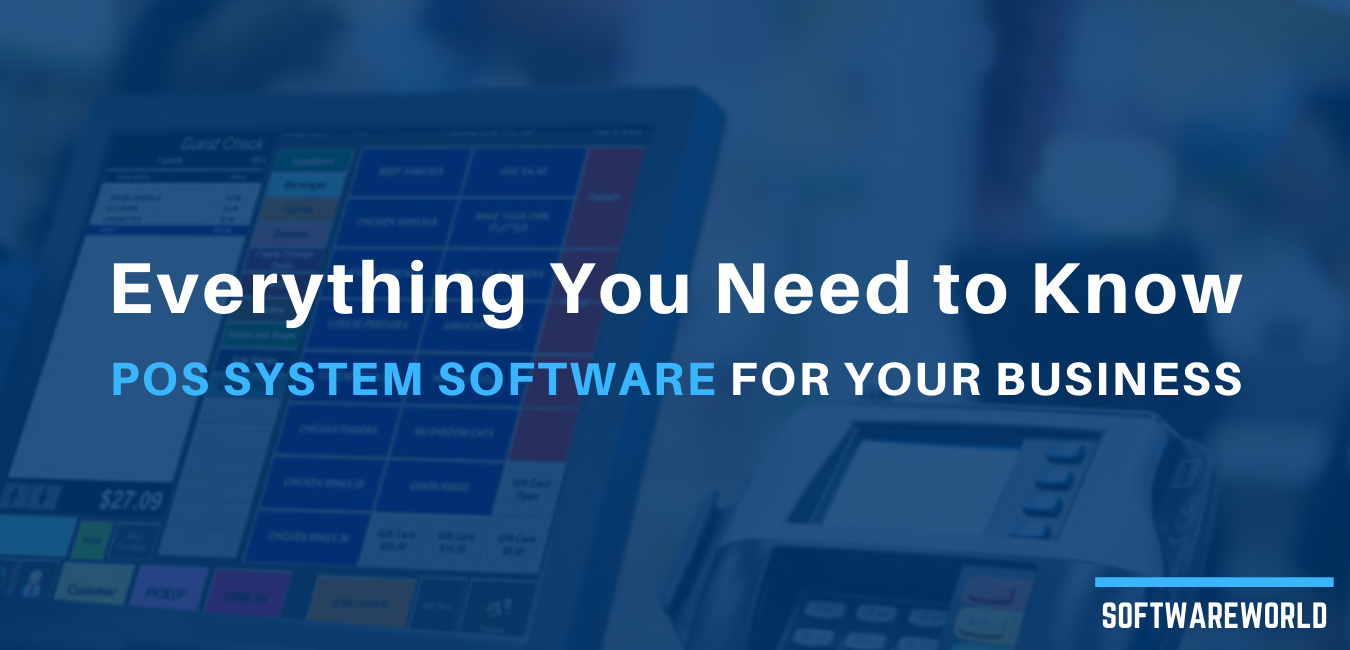Table of Contents
Businesses of all shapes and sizes need to be utilizing technological advances to make their operations as streamlined and effective as possible. Even the smallest business can benefit from implementing certain technologies and systems that make it more manageable to stay on top of everything. One of the best options is a Point of Sale system (POS).
If you are new to POS systems or need a refresher on why they are so important, read on for everything you need to know about selecting a POS system software for your business.
Ross Smith is the Managing Partner at iPadPOS Middle East. Based in Dubai, covering the whole of the Middle East, the company is passionate about helping restaurateurs and retailers alike find the most suitable point of sale system to meet the needs of their business. They specialize in iPad-based point of sales systems and are resellers of Revel and Vend.

 AUTHOR BIO: Ross Smith
AUTHOR BIO: Ross Smith

